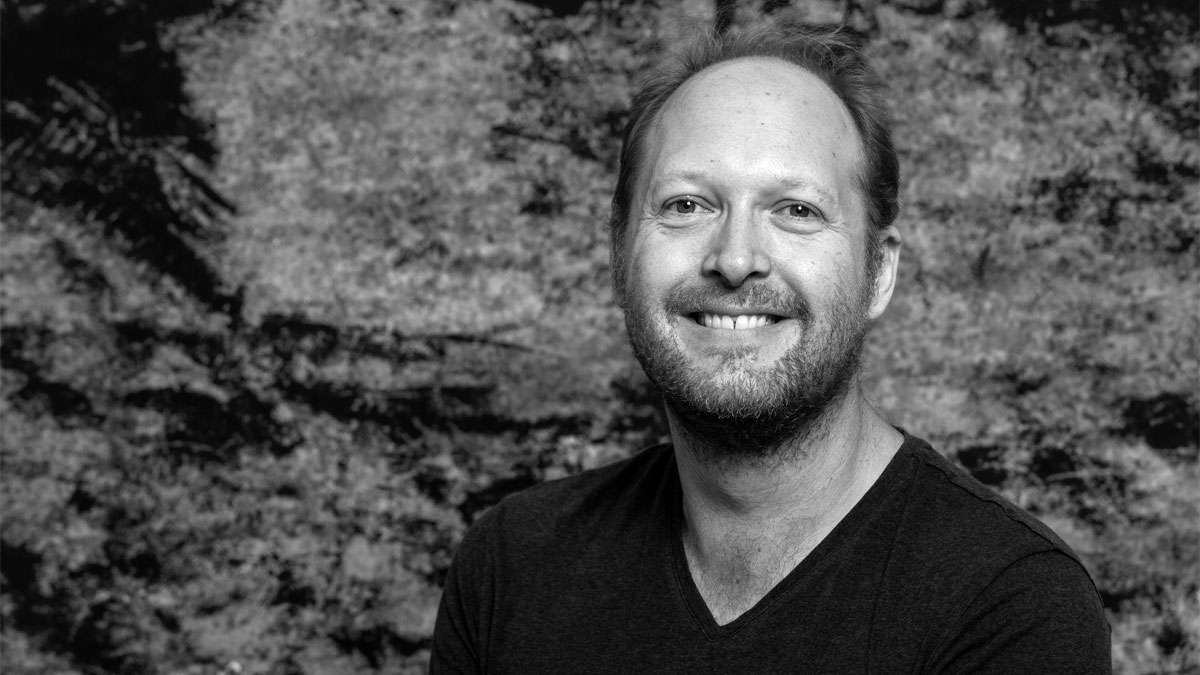Aleks Pluskowski

-
+44 (0) 118 378 5267
-
Professor
Areas of interest
- The environmental archaeology of medieval Europe, and especially zooarchaeology.
- Archaeology of crusading and frontier societies.
- The material culture of religious transformation, diversity and ritual practices in medieval Europe.
- Human impact on past environments.
- The cultural roles of large carnivores in the past and present.
Postgraduate supervision
Aleks is happy to discuss proposals for postgraduate research in any area of medieval European archaeology, especially relating to environmental approaches, including zooarchaeology, as well as archaeologies of crusading, migration, religious transformation, and frontier regions. He particularly welcomes proposals relating to the current EU-funded project “Re-thinking the “Green Revolution” in the Medieval Western Mediterranean (6th - 16th centuries)”. This could be through the SWW DTP.
For further information, please contact a.g.pluskowski@reading.ac.uk.
Teaching
Professor Aleks Pluskowski teaches the archaeology of later medieval Europe and crusading. He also teaches zooarchaeology.Research projects
Current
- Re-thinking the "Green Revolution" in the Medieval Western Mediterranean (6th- 16th century) (ERC)
- Landscapes of (Re)Conquest: Dynamics of Multicultural Frontiers in Medieval South Western Europe
- Baltic Paganism, Osteology, and New Evidence from Zooarchaeology
- The Mauritian Archaeology and Cultural Heritage Project
Past
- The Ecology of Crusading: The Environmental Impact of Conquest, Colonisation and Religious Conversion in Medieval Baltic (ERC)
- The Environmental Impact of Venetian Colonisation in the Medieval Mediterranean, part of The Heritage of the Serenissima project (collaborating with Università Ca'Foscari di Venezia).
Background
Aleks' research focuses on the relationship between nature and culture in medieval Europe, particularly within frontier societies associated with crusading, colonisation, cultural encounters and religious transformations.
Following a series of collaborative pilot projects at the castles associated with the Teutonic Order in Malbork (Poland), Feldioara (Transylvania, Romania) and Karksi (Estonia), he obtained a Starting Investigator Grant from the European Research Council for the Ecology of Crusading project (2010-2014, FP7/2007-2013, under grant agreement n° 263735) which examined the environmental impact of crusading, colonisation and religious transformation across the eastern Baltic. The results have been published as a series of papers and two volumes by Brepols (2019):
- Environment, Colonization, and the Baltic Crusader States
- Ecologies of Crusading, Colonization, and Religious Conversion in the Medieval Baltic
He also published The Archaeology of the Prussian Crusade: Holy War and Colonisation, the first synthesis in any language (Routledge, first edition 2013, second edition 2022). For Aleks' recommendation of books on the cultural impact of crusading, see here.
He has subsequently collaborated with the University of Granada on pilot projects to examine the dynamics of the multi-faith frontier societies of medieval Iberia, with the aim of developing a major research programme in South Western Europe. In 2018 he was awarded an AHRC Research Grant in collaboration with the universities of York and Granada for the project Landscapes of (Re)Conquest: Multi-Cultural Frontiers in Medieval South Western Europe. This will officially finish at the end of 2023, with publications expected in 2024-25.
In 2022, he was awarded an ERC Synergy Grant for the project “Re-thinking the “Green Revolution” in the Medieval Western Mediterranean (6th - 16th centuries)” (grant agreement n° 101071726). This consortium involves the universities of Reading, Barcelona, Granada, York, UCL, Basel, València, Murcia and INSAP (Rabat). The project, which began in June 2023 and runs for six years, will investigate the relationship between cultural and environmental change across the Western Mediterranean over a period of 1000 years.
Within the broader framework of his research projects, his own specialist focus has been zooarchaeology and inter-disciplinary perspectives of human-animal relations. He is the author of Wolves and the Wilderness in the Middle Ages (Boydell, 2006), which compares human responses to wolves and their shared environments in medieval Britain and Scandinavia. He has published several articles on responses to the wolf in the Middle Ages, as well as on the treatment of exotic animals, hunting space and animals as material culture in medieval society. He continues to be interested in human responses to large carnivores in the past and present, around the world. For several years he worked on the zooarchaeology of Venetian colonisation in the Eastern Mediterranean, collaborating with a team from the Università Ca'Foscari di Venezia, led by Professor Sauro Gellichi and based on excavations in north Italy and Montenegro.
Aleks is also involved in the MACH (Mauritius Archaeology and Cultural Heritage) project, focusing on the environmental impact of post-medieval colonisation and colonialism. He has edited volumes on the topic of medieval animals and initiated the "Animals as Material Culture in the Middle Ages" conference series, which has been held in Cambridge (2005), Foggia (2006), Vienna (2007) and Budapest (2008). He also helped set up the "Medieval Animals Database", in collaboration with the Institut für Realienkunde des Mittelalters und der frühen Neuzeit, Krems and the Department of Medieval Studies at the Central European University in Budapest.
He is a Fellow of the Society of Antiquaries, Editor of the journal Medieval Archaeology, and a committee member of MERC (Medieval European Research Community). He is regularly involved in organising and moderating sessions at international conferences, particularly those of the EAA (European Association of Archaeologists).
Professional bodies/affiliations
- Fellow of the Society of Antiquaries.
- European Association of Archaeologists.
- Medieval European Research Community.
- Professional Zooarchaeology Group